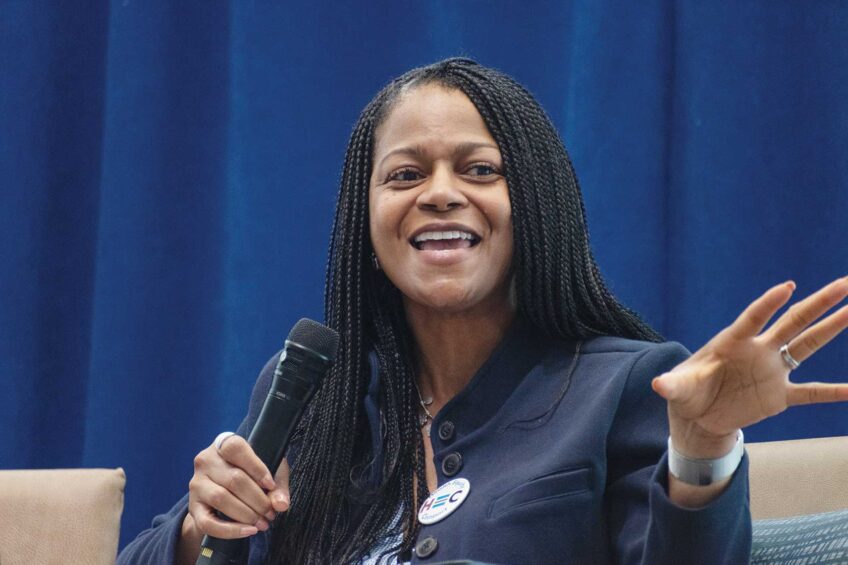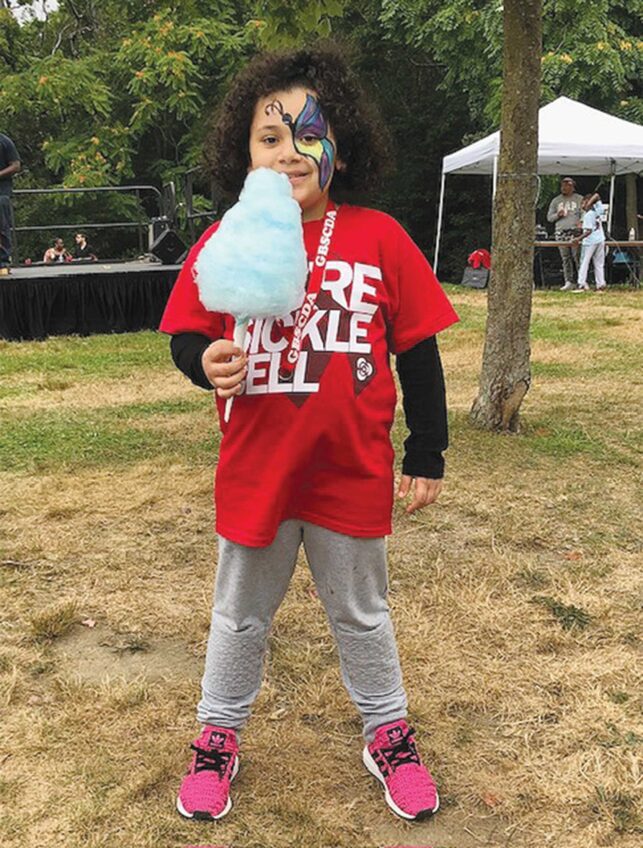WASHINGTON — Three blockbuster psychiatric drugs currently approved for adults also appear to work in adolescents, though U.S. government health officials have concerns about exposing younger patients to the drugs’ side effects.
The Food and Drug Administration (FDA) is reviewing drugs from AstraZeneca PLC, Eli Lilly and Co. and Pfizer Inc. for use in patients between the ages of 10 and 17. The drugs — already approved to treat schizophrenia and bipolar mania in adults — had combined sales of more than $7.4 billion last year, according to IMS Health.
FDA reviewers last Friday said they were wary of exposing youngsters to the drugs’ side effects, including weight gain and high blood sugar, “because they may be exposed for many decades.”
“These risks are of particular concern in pediatric patients because of the lifelong nature of these disorders,” wrote Dr. Thomas Laughren, FDA director for psychiatric products, in documents posted online.
The FDA released its review of the drugs before a meeting held Tuesday where outside experts were to weigh in on the drugs’ risks and benefits. The agency is not required to follow the group’s advice, though it usually does.
Many doctors already prescribe the medications to children and adolescents, although regulators have not officially cleared that use. Physicians are free to prescribe medicines as they see fit, though companies can only promote them for FDA-approved indications.
AstraZeneca and Lilly are seeking permission to market their drugs for adolescents with schizophrenia and bipolar mania, also called manic depressive disorder. Pfizer is seeking a pediatric bipolar disorder indication for its drug.
FDA drug reviewers noted that the “safety profile of the pediatric population is very similar compared to that of the adult population.” And while there were no side effects unique to younger patients, there were differences in the frequency of the effects compared with adults.
In schizophrenia studies of Lilly’s Zyprexa, more than 30 percent of adolescents gained weight, compared with just 6 percent of adults. On average, adolescents gained nearly 10 pounds, compared with 6 pounds for adults.
Lilly is seeking FDA approval to market the drug as a second-line treatment, or a second option after other drugs have been tried.
Adolescent patients taking Pfizer’s Geodon were more likely to report sleepiness and dystonia, a movement disorder that causes muscle spasms. AstraZeneca noted higher rates of increased appetite and blood pressure among children and adolescents taking Seroquel compared with adults.
Despite concerns over the side effects, Laughren and other FDA officials acknowledged the need for additional drugs to treat schizophrenia and bipolar disorder in teenagers and older children.
“Schizophrenia and bipolar disorder are serious illnesses in pediatric patients and represent substantial burden for both patients and their families,” Laughren said.
Currently only two drugs are cleared for those uses: Bristol-Myers Squibb’s Abilify and Johnson and Johnson’s Risperdal. Abilify was the second best-selling anti-psychotic drug in the U.S. last year with sales of $3 billion. Risperdal was fourth with $1.6 billion in sales.
(Associated Press)






